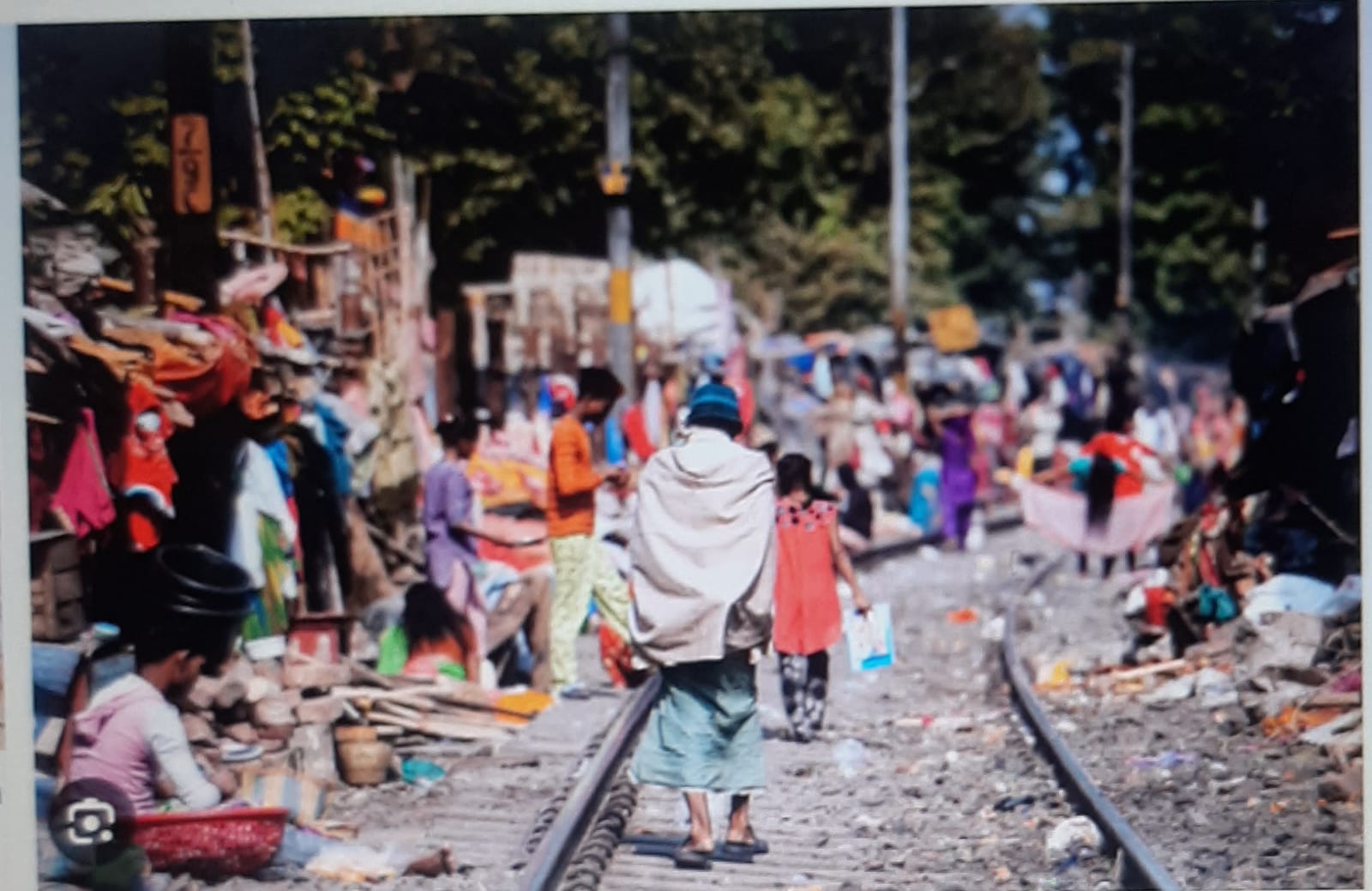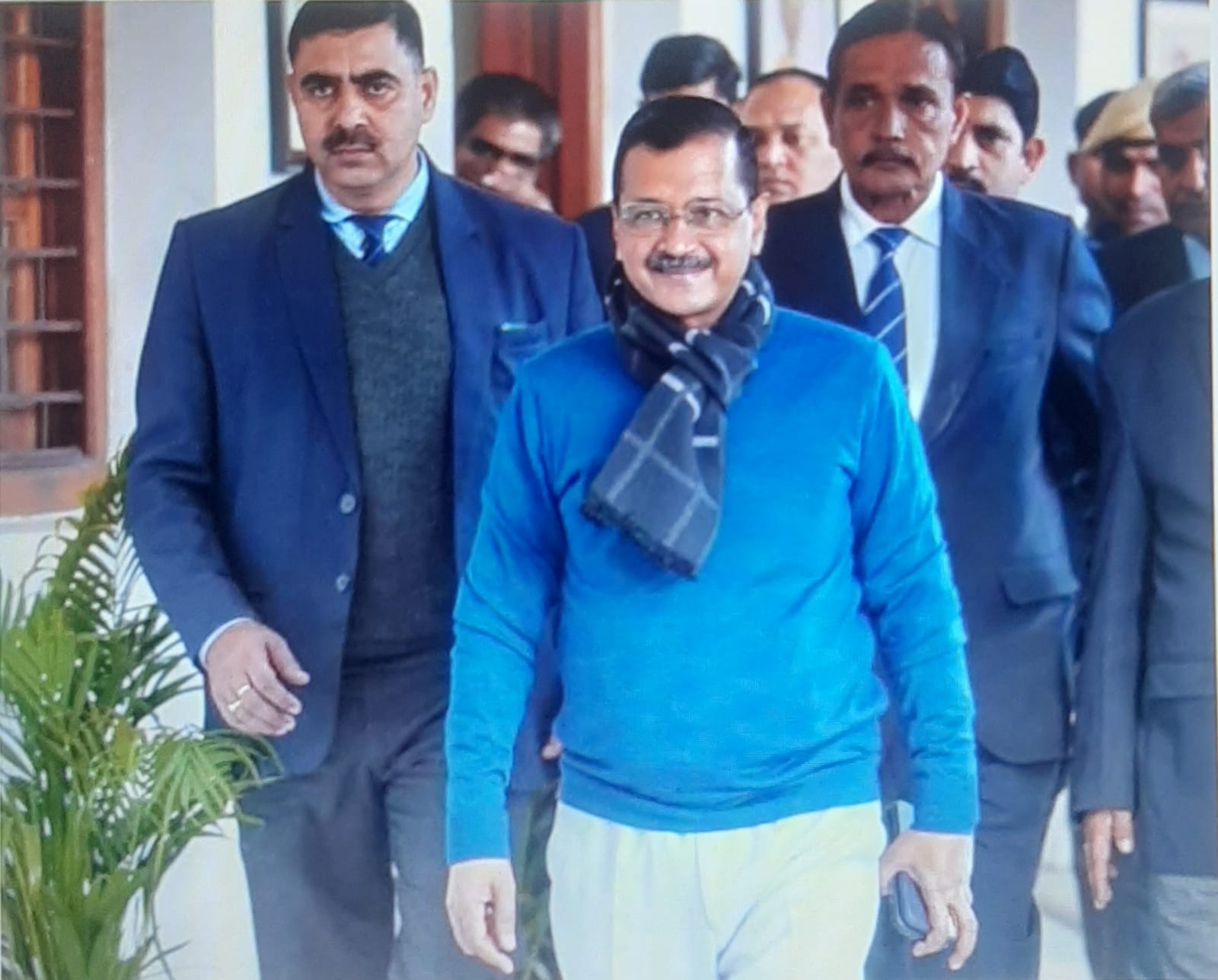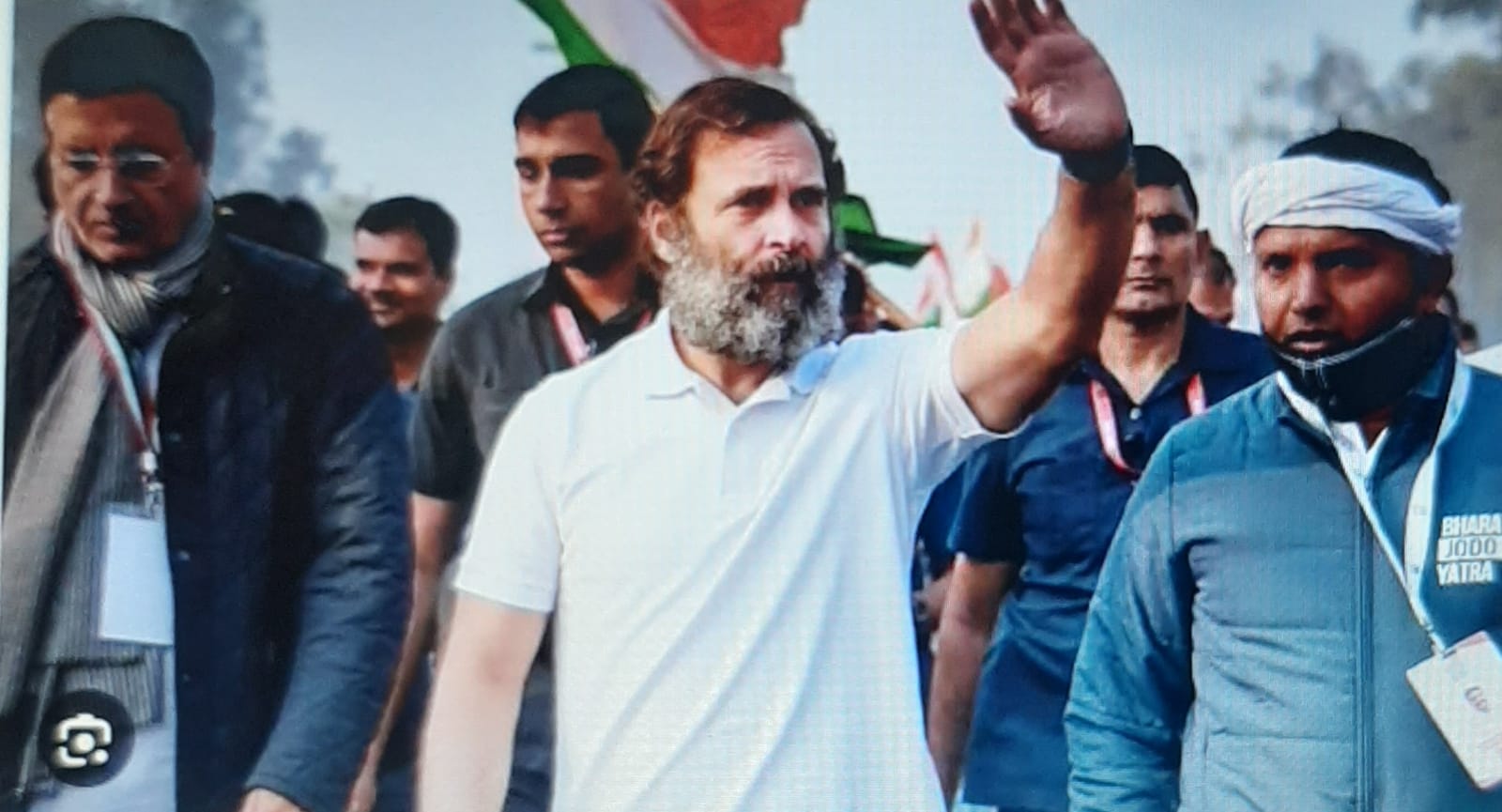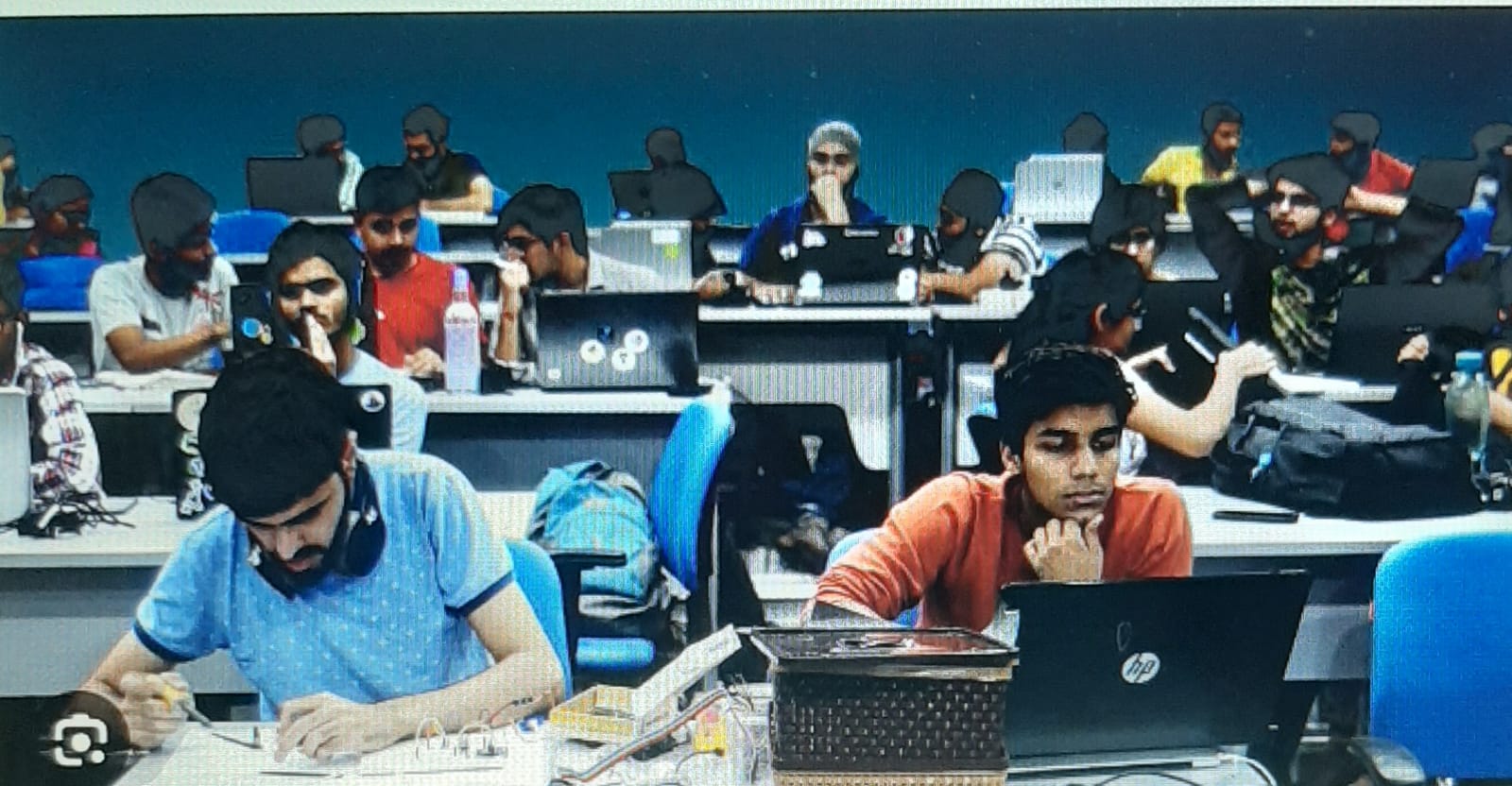
The nation has been paying heavy prices for ill-conceived policies and lack of clarity in decision-making over the decades. The three farm laws, which are no different, also show same jaundiced thought process.
V.S.Pandey
Our country has been suffering from lack of clarity on various policy fronts for several decades. We amended the Constitution to proclaim from roof tops that we will follow the socialist path. Come nineties and we use the reverse gear to take the open market and globalization led capitalist path. In 1995, India decided to join World Trade Organization without any debate and approval of Parliament. With the joining of WTO, we as a country agreed to follow a path decided by a body where we are also a member but have little say in shaping the future course of action. But we do have the option to decide our country’s destiny as we want, if we knew exactly what we want, where we want to be in the near future or in the long run. This is where the problem lies. Governments talk in vague and general terms about these issues like we want to become five trillion dollar economy, want to become developed country, want to be world leader etc.
Are any of these goals attainable when more than 30 crore people live below the poverty line, the number of trained manpower is abysmally low as compared to any of the well to do countries, school system is in tatters, health care system almost non-existent and still more than 60 percent of our population dependents on agriculture, and we are rated as one of the laggards in infrastructural facilities? To add to these poor social and economic development parameters, we have roughly 50 crore population in working age group for which hardly any proper jobs are available in the marketplace. In this economic scenario, inauguration of a driverless metro rail by our Prime Minister Narendra Modi exemplifies the policy confusion faced by our nation. The question is when crores of people in our country are begging for jobs, do we need technologies to replace manpower? Do we need to mechanize our agriculture further and at faster pace when millions have nothing much to do in the rural areas and governments over successive decades have failed to create enough employment opportunities for them.

The three farm laws, which have led to the nation-wide farmer’s agitation is the result of the same policy confusion plaguing our nation. History tells us the story of upheavals faced by the farmers in the past in countries like England and United States due to policies leading to industrialization and corporatization. Today in the United States of America less than 1.5 percent of the population is involved in agriculture and rest of the population has become wage earners under the various industrial and corporate houses. Also during the transition from agriculture to industrial and corporate economy in various countries, the untold sufferings of the farming community needs to be always kept in mind while carrying out any farm sector reforms, to ensure that our farmers should not meet the same fate during the transitional period.
Every country needs to take into account its own social, economic and cultural ethos and think about its policy options accordingly. The policy prescription suggested by experts, which may have sound theoretical arguments otherwise, may lead to catastrophic consequences once implemented without proper understanding of the ground realities. This is what has happened with the three farm laws which majority of farmers feel are going to have serious negative consequences for the farmers across the country. The Government needs to understand that farmers who are suffering the unprecedented hardships during these freezing winter nights , are on dharna not for fun but they have serious worries about the negative fallouts of the proposed “corporatization” of agriculture . After all farmers are the main stakeholders in this drama and they need to be heard and be satisfied. The problem arises when governments become inflexible in their approach and tend to believe that withdrawing their steps will send the signal to all that the government is on the backfoot. Whereas listening to people’s voice is the duty of every democratically elected government and the more they listen to the people more they come out stronger. Not listening to people’s voices creates trust deficit between them hence many theories and stories .
Hence in the larger interest of all the parties in the dispute , central government should consider withdrawing these three farm laws without any further delay , sit with the farming community to come out with solutions to redress the farmers issue to the benefit of all . The time has also come for the government to understand that agriculture markets are not markets in true sense of the word. In farming sector supply and demand mismatch is inherent in the production process so unless governments intervene through various ways ,farmers will always be at the receiving end of the market forces.
(Vijay Shankar Pandey is former Secretary Fertilizer Government of India)









